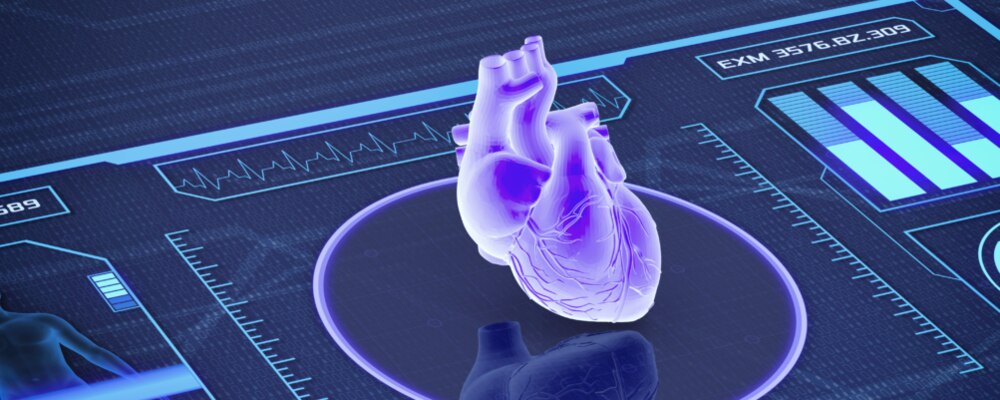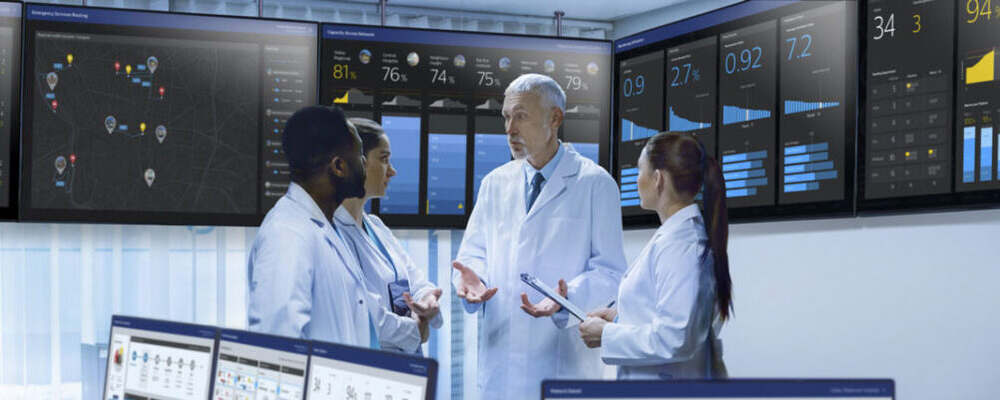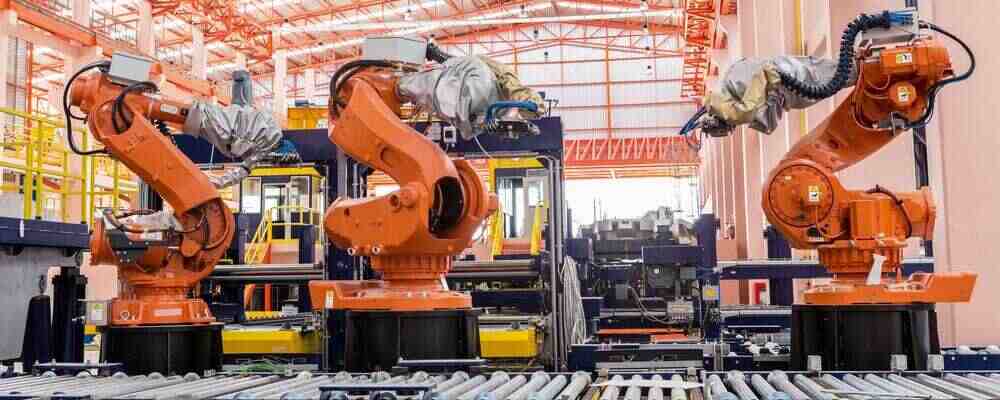Traffic flow optimization using powerful data-driven AI involves leveraging advanced algorithms and machine learning techniques to analyze a vast amount of data related to traffic patterns, road conditions, and other relevant factors. By processing real-time and historical data, AI systems can identify trends, predict traffic congestion, and recommend optimal routes to improve overall traffic flow efficiency in urban areas.
These AI-driven solutions can help alleviate traffic congestion, reduce travel times, and enhance the overall transportation experience for commuters and city residents. One of the key benefits of utilizing data-driven AI for traffic flow optimization is its ability to adapt and respond to changing traffic conditions dynamically. AI algorithms can continuously analyze incoming data from various sources such as traffic cameras, sensors, and GPS devices to make real-time predictions and adjustments. By optimizing traffic signals, rerouting vehicles, and providing personalized navigation guidance, these AI systems can help mitigate congestion hotspots, prevent bottlenecks, and improve the overall flow of traffic throughout a city.
Furthermore, data-driven AI can enable city planners and transportation authorities to make informed decisions based on data-driven insights and performance metrics. By analyzing the effectiveness of different traffic management strategies and interventions, stakeholders can fine-tune their approaches to further optimize traffic flow and enhance the overall urban mobility ecosystem. Ultimately, the integration of powerful data-driven AI technologies in traffic management not only improves the efficiency of transportation systems but also contributes to reducing carbon emissions, enhancing safety, and creating a more sustainable and livable urban environment.
Why Data and AI are Essential for Traffic Flow Optimization?
Data and AI are essential for traffic flow optimization due to their ability to process vast amounts of information quickly and efficiently, enabling real-time decision-making based on accurate insights. Traditional traffic management systems often struggle to cope with the complexity and dynamic nature of urban traffic, leading to inefficiencies and congestion.
By leveraging data-driven AI solutions, cities can harness the power of advanced algorithms to analyze and interpret diverse datasets, including traffic patterns, weather conditions, events, and road closures, to optimize traffic flow. AI algorithms excel at identifying patterns, making predictions, and learning from data, allowing traffic management systems to anticipate traffic congestion, identify bottlenecks, and recommend proactive measures to improve traffic flow. By continuously analyzing incoming data streams from various sources, such as traffic cameras, sensors, and connected vehicles, AI systems can provide real-time insights and adaptive solutions to optimize traffic flow dynamically.
This real-time responsiveness is crucial for managing traffic efficiently and effectively, especially in large urban areas with complex road networks and fluctuating demand. Moreover, the integration of data-driven AI technologies in traffic flow optimization enables cities to move towards a more sustainable and connected transportation ecosystem. By optimizing traffic signals, routing vehicles intelligently, and promoting multimodal transportation options, AI solutions can reduce congestion, minimize travel times, and enhance the overall commuting experience for residents. Ultimately, data and AI-driven approaches offer the potential to transform urban mobility by improving traffic flow, enhancing safety, and creating more livable cities that cater to the evolving needs of their inhabitants.
AIMPH – Your Partner in your Project
AIMPH (AI-driven Multiphysics Simulation and Optimization) can be an excellent partner in AI-driven Traffic Flow Optimization for several reasons:
- Advanced Simulation Capabilities: AIMPH utilizes multiphysics simulation to model complex interactions within traffic systems accurately. By considering various factors such as vehicle dynamics, road conditions, traffic signals, weather conditions, and human behavior, AIMPH can provide a more realistic representation of traffic flow dynamics.
- Data-Driven Optimization: AIMPH integrates AI algorithms to analyze real-time traffic data, predict traffic patterns, and optimize traffic flow in dynamic situations. By leveraging machine learning and optimization techniques, AIMPH can identify optimal traffic signal timings, lane configurations, and routing strategies to minimize congestion and improve overall traffic efficiency.
- Scenario Forecasting: With its predictive capabilities, AIMPH can simulate different scenarios and assess the impact of various interventions on traffic flow. By running simulations based on different parameters and constraints, AIMPH can help urban planners and traffic management authorities make informed decisions to optimize traffic flow and reduce bottlenecks.
- Adaptive Control: AIMPH’s AI-driven approach enables adaptive control mechanisms that can dynamically adjust traffic signals, speed limits, and lane assignments based on real-time traffic conditions. This adaptive control can help mitigate congestion, minimize travel time, and enhance safety for road users.
- Continuous Learning and Improvement: By learning from historical traffic data and feedback from simulation results, AIMPH can continuously improve its optimization strategies over time. This iterative learning process allows AIMPH to adapt to changing traffic patterns, urban development, and infrastructure upgrades, ensuring continuous optimization of traffic flow efficiency.
You can share this post kindly if it’s useful for your fiends and collogues.
Predictive modeling of heart disease progression
Heart Disease Progression Heart disease progression refers to the process by which heart disease dev…
Heart Failure’s Predictive Models
Predictive Models for Heart Failure There are several predictive models for heart failure, each with…
Predictive hospital resource allocation in Oman
Predictive Analytics for Hospital Resource Allocation Predictive analytics in healthcare is a p…
Clinical trial research optimization for Oman healthcare
Clinical Trial Research Optimization Clinical Trial Research Optimization involves strategicall…
Cryptocurrencies sentiment analysis with AI
Cryptocurrencies Sentiment Analysis Analysis of cryptocurrency sentiment Artificial intelligence (AI…
Fault detection in mechanical systems with powerful AI
Fault detection in mechanical systems Utilizing powerful AI technology for fault detection in mechan…






